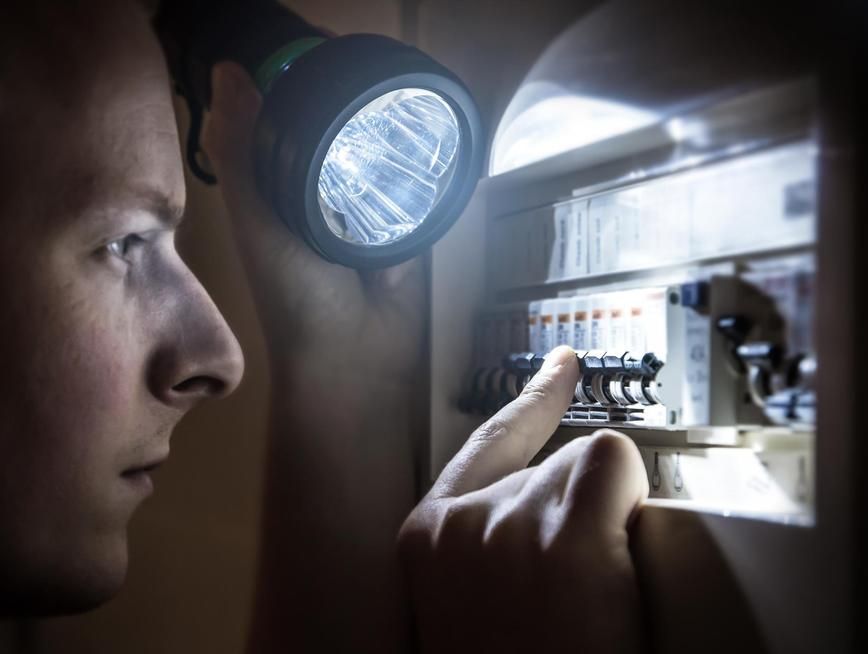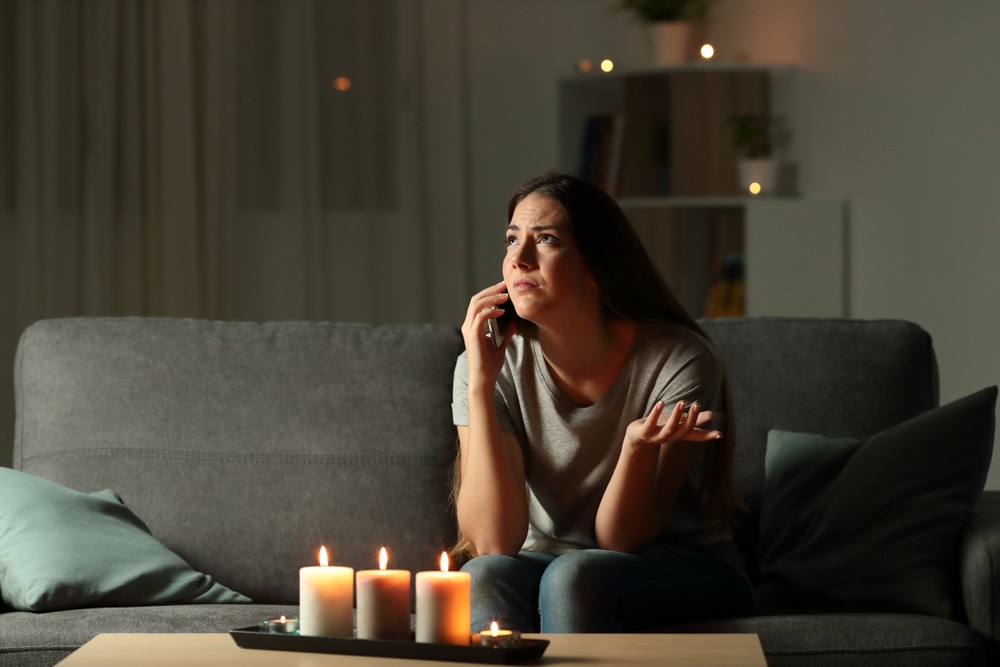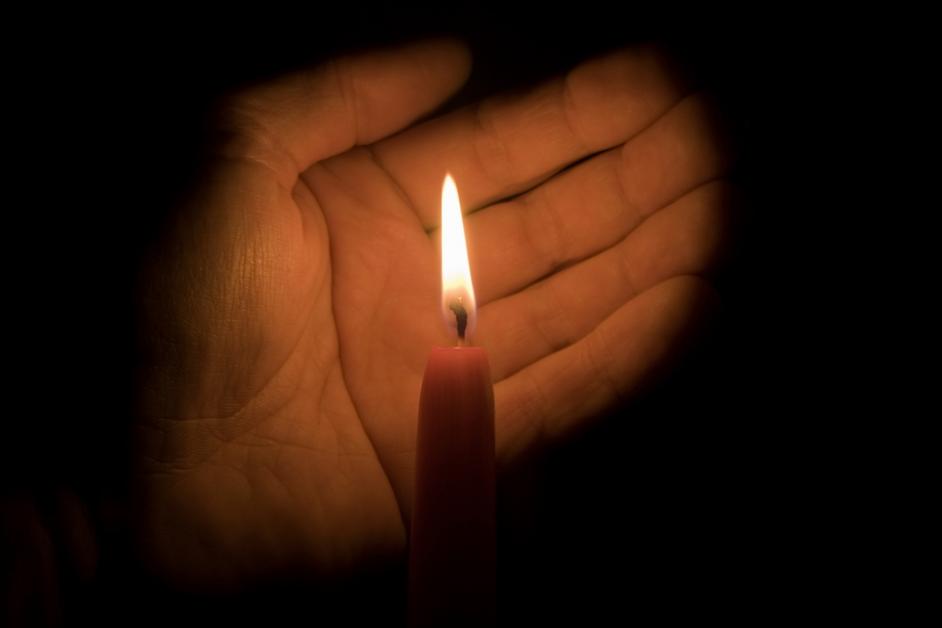If you’ve ever wondered about what causes blackouts at home, below is some basic information on power outages that you might find useful in case you experience a blackout.
External causes of a power outage
A power outage happens when the electrical supply to an area is cut off. Depending on the severity of the problem, an outage can last from a few minutes to several weeks.
Some outages happen because of external factors that have nothing to do with the home electrical system, such as:
1. Unpaid power bills
If you have failed to pay your electricity bills lately, your provider might have disconnected your power supply already. So, to get your service restored, all you need to do is update your payments.
2. Blackouts
When there’s a large-scale power outage in your area, it could be due to different factors. These include storms, earthquakes, bushfires, lightning, trees touching or hitting power lines, overburdened electrical equipment, excavation work (if the power lines are underground), and vehicular accidents wherein a car crashes into electrical equipment.

Internal causes of a power outage
Problems with your electrical system at home can also cause power failures. These include:
3. Faulty circuit breaker
If power loss at home becomes routine or a fuse keeps tripping, you need to call a licenced electrician to check the circuit breaker. A circuit breaker is designed to protect your home electrical system. It works by shutting the power off during electrical surges or when there’s a problem with your unit. However, you need to get it checked if it keeps tripping.
4. Overloaded power boards
You could be using too many power boards to cope with the demand for more power outlets at home. To prevent these from getting overloaded and causing a power failure, use them with caution. You shouldn’t plug too many devices into a single power board. Also, make sure to unplug idle devices, and never string power boards together.
5. Tripped fuse
To prevent overheating in the circuit wires, a fuse can trip. Fuse boxes are also used to detect unusual electrical activity, so a fuse can trip when something is wrong. When this happens, all you need to do is flip the switch back on to restore electricity.

Problems caused by a power outage
A power outage can put your life on a standstill. After all, you can’t do much without the necessary power supply. All appliances won’t be able to function. There’ll be no lights working, and you won’t be able to use your computer, television, refrigerator, cooling and heating system, etc.
When power is restored, it can start with a strong electrical surge that can damage electrical parts and electronic micro components. To avoid this, you need to turn off your appliances and electronic gadgets completely during an outage. Also, use an uninterruptible power supply (UPS) with your PC to prevent damage from sudden shutdowns.
Keep calm during an outage
Whatever the reason may be for a blackout at home, your best source of information is your electricity provider. If the fault involves your electrical system, call a licenced electrician immediately.






